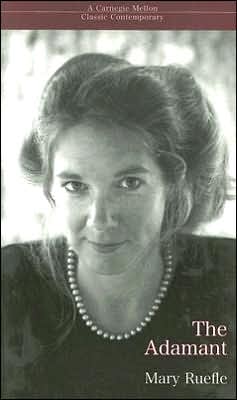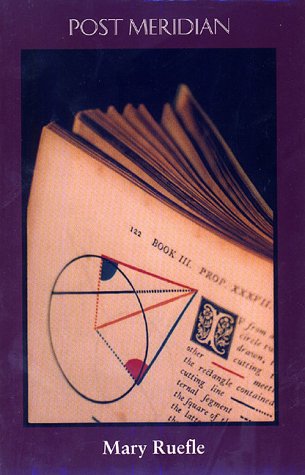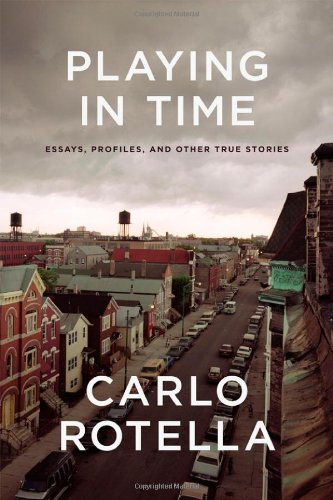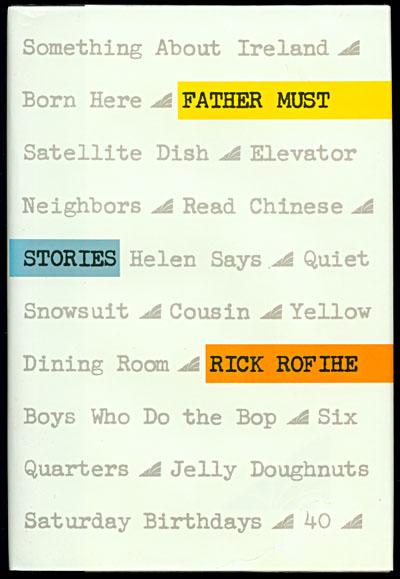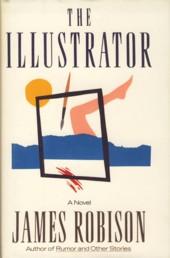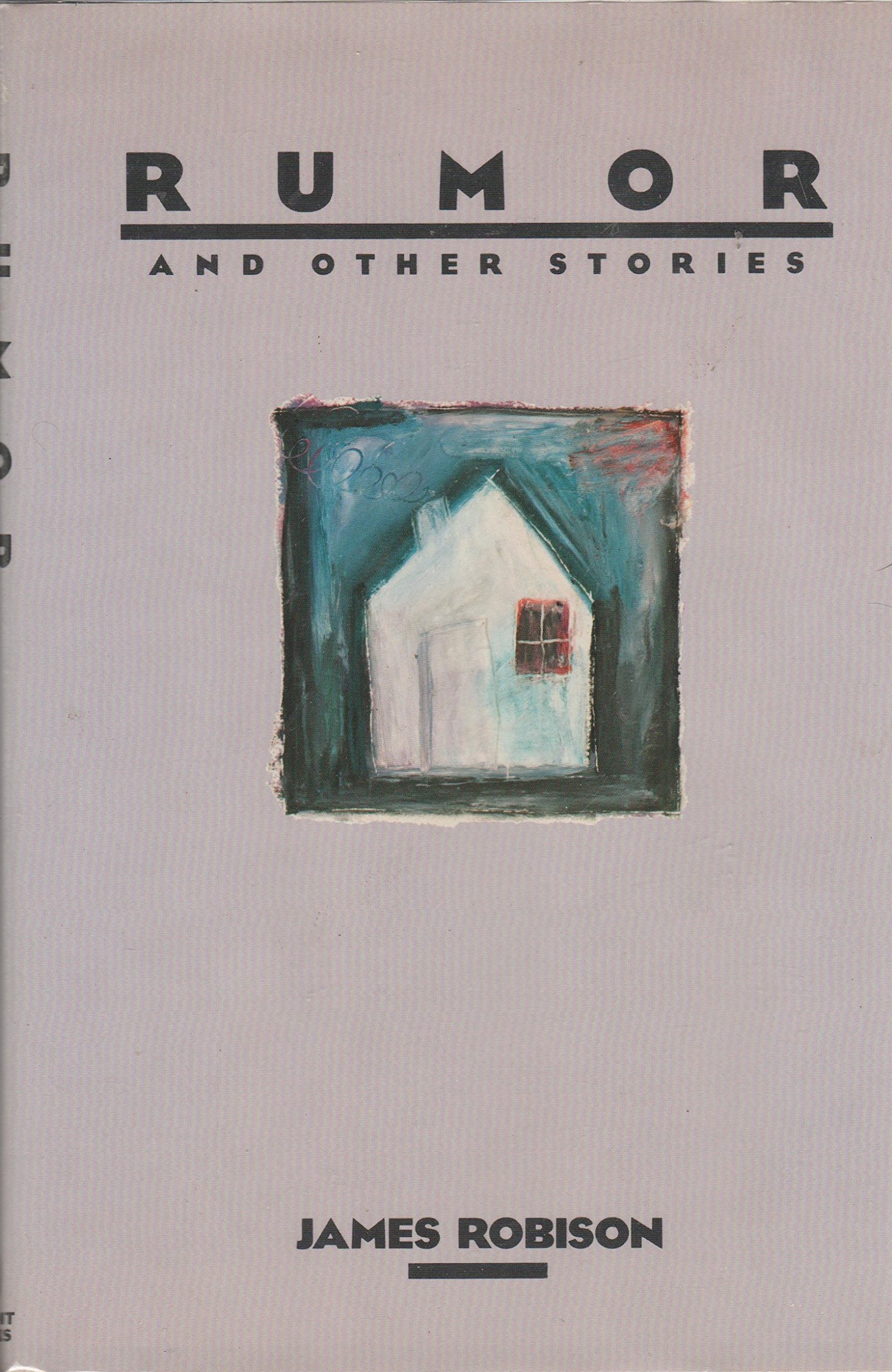In this refreshing volume, Mary Ruefle establishes herself as an independent voice in contemporary poetry. With an impeccable eye for metaphor and, as the volume's title suggests, an immovable stance in the world, she emerges as a poet of powerful sensibility. A sense of wonder and sophisticated delight color the "beautiful vagueness" she speaks of, the archetypal vision where emotion dwells in things, thoughts are concrete, and truth is alive and everchanging.
Without romanticism or banality, these poems live in and of themselves; the language is allowed to breathe and work, not be worked. Ruefle knows a fundamental principle often forgotten in American poetry today, that language is smarter than the writer is. The result is an independent aesthetic that is both charged and honest. The wisdom of the volume is in its essentiality, its precarious balance of image and thought. A careful reading of these poems allows the authority of the speaker, and of the world itself, to move us closer to our own sense of the world and of ourselves in it.
